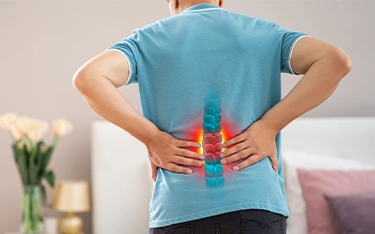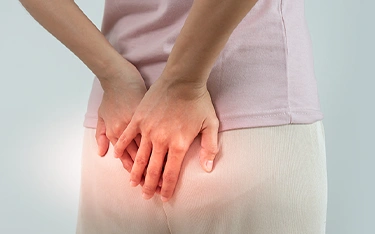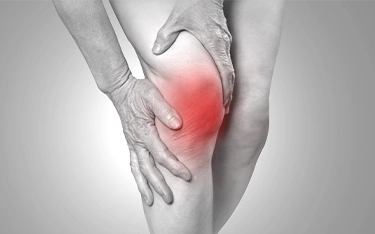FAQs
Yes, homeopathy can help manage Ankylosing Spondylitis by reducing inflammation, relieving pain, and improving flexibility. It works by correcting immune system imbalances naturally and is especially beneficial for controlling flare-ups and slowing disease progression without harmful side effects.
Homeopathy works by targeting the root cause of inflammation and strengthening the body’s natural healing response. It helps balance immunity, reduce joint stiffness, and enhance mobility. Remedies are personalised after assessing your symptoms, lifestyle, and triggers for effective long-term relief.
Yes, homeopathy is completely safe for long-term use as it is gentle, non-addictive, and free from side effects. It can also be safely combined with conventional treatments to support holistic healing and maintain joint health over time.
While homeopathy cannot reverse structural damage, early and regular treatment may help slow disease progression and reduce the risk of spinal fusion. It works best when started at the initial stage of stiffness and inflammation, preventing severe complications.
The duration of homeopathic treatment varies based on disease severity, age, and response to remedies. Some patients notice improvements in pain and stiffness within a few weeks, while long-term management may require consistent care to maintain flexibility and prevent relapses.




